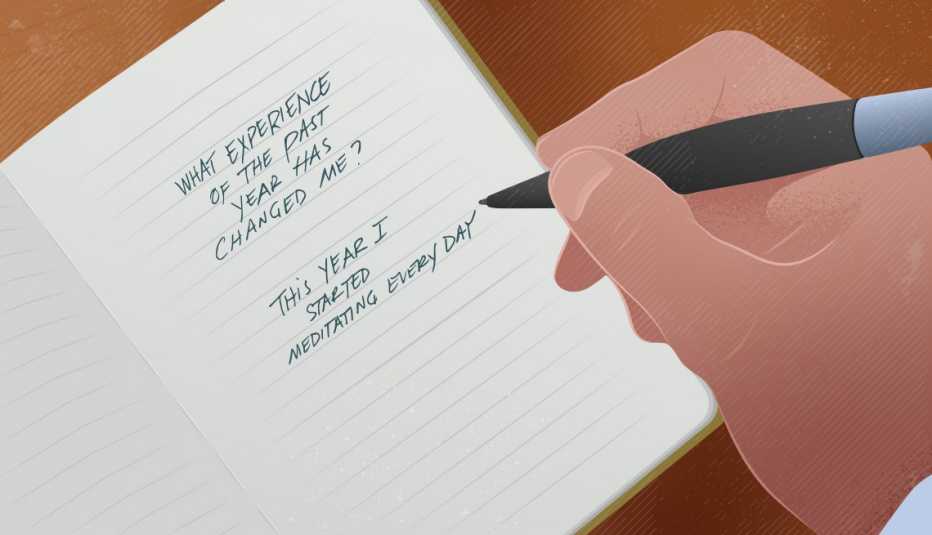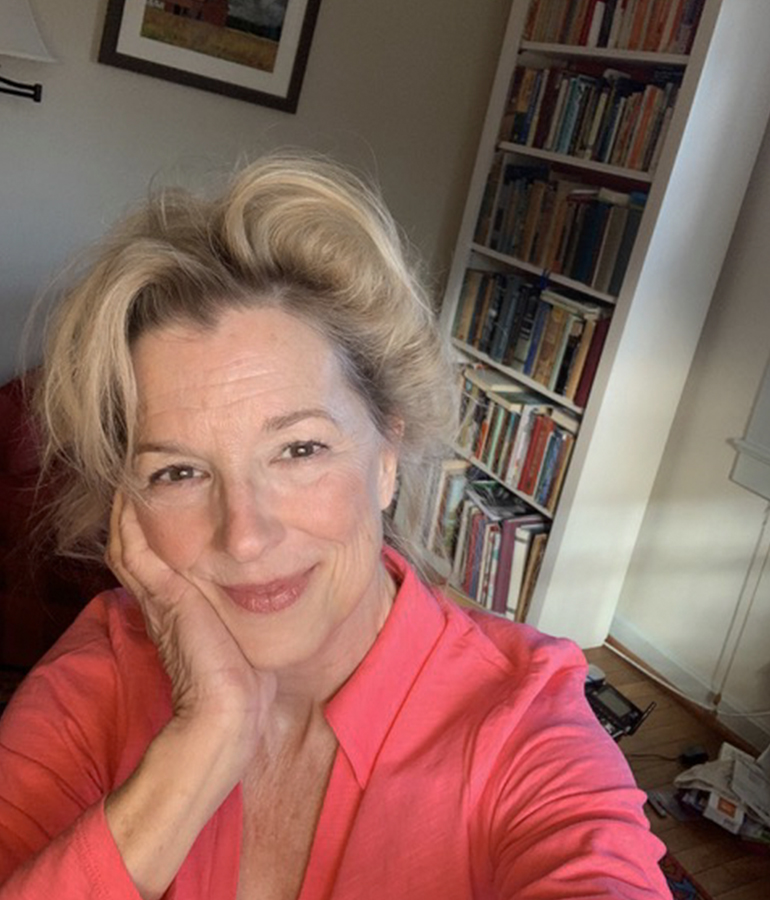Staying Fit


One of my jobs is to help others reflect on what’s meaningful in their lives. As a college essay coach, I help high school seniors figure out what they can say in 650 words that conveys something essential about who they are, where they’ve been and who they hope to be.
It’s a daunting task, one that paralyzes many students. It would paralyze most adults, too.
How can you sum up your hopes, vulnerabilities, joys, sorrows and values in one short essay? You can’t. You can only share a small piece of yourself. But the self-reflection that college application essays require is something that is worthwhile, and not just for 17-year-olds.
As part of the brainstorming process, I ask students to spend half an hour writing down their thoughts in response to a list of questions:
- What experience of adversity made you stronger?
- What is a part of yourself you need to break up with?
- What are you most grateful for?
- When in your life were you the most afraid?
- What’s the toughest lesson you ever had to learn?
- What is the best piece of advice you’ve ever received?
- When was the last time you took a big risk?
At first, the responses usually skim the surface. They answer the way we all do, off the top of their heads. “I’m grateful for basketball because it means everything to me.” “I traveled to Africa to visit a school for girls and I learned to value my education and privileges.”


But when they take the time to really reflect, the stories get more interesting: “I moved to this country when I was 9, and then my parents divorced and I felt I didn’t belong anywhere until I found basketball. The court feels like home.” Or, “I don’t remember the girls I met in Africa, but I can’t forget one of the moms. She had to pull her daughters out of school because she couldn’t afford the tuition anymore, and she just felt so powerless. It made me think about when I was 10 and I was looking at a bookcase filled with books, and I felt totally powerless because I’m dyslexic, and at 10 I still couldn’t read.”
The moment students transform their stories from trite to insight is profound. They hit a truth they know in their bones is real, and it resonates.
It’s a privilege to hear their truths. Their willingness to dig deep and to share their thoughts and experiences creates a connection between us — one I’m very grateful for. And so I’ve recently started asking some of my middle-aged friends these same questions.
I’ve found that people at 50 or 60 tend to skip the rote answer and get right to the heart of things much more quickly. Those of us who have lived five or six decades have had more years to come to terms with who we are and the inevitable losses and failures that are a part of life — some of them small, but some of them so enormous they body-slam us to the ground and leave us breathless for months, or longer. At this age, we’re less hesitant to admit that we’re vulnerable, flawed or scared. Many of us are parents or grandparents, which provides a whole new understanding of fear and vulnerability.
“The scariest moment of my life was when my daughter was diagnosed with diabetes when she was 4,” one friend — the friend I think of as fearless — told me. She has lived with her daughter’s diagnosis and some degree of that fear for more than 20 years now.
“I need to break up with the part of me that does everything for everybody except myself,” another friend said. Something she hadn’t even realized until she turned 60.


































































You Might Also Like
A Writer’s Lesson: Don’t Wrestle With Words
Sometimes a note of imperfect poignancy works best
Are We There Yet? Taking an Unexpected Road Trip With My Parents
Rescued by her parents after a cancelled flight, a writer realizes the significance of her family adventures
More Members Only Access
Watch documentaries and tutorials, take quizzes, read interviews and much more exclusively for members